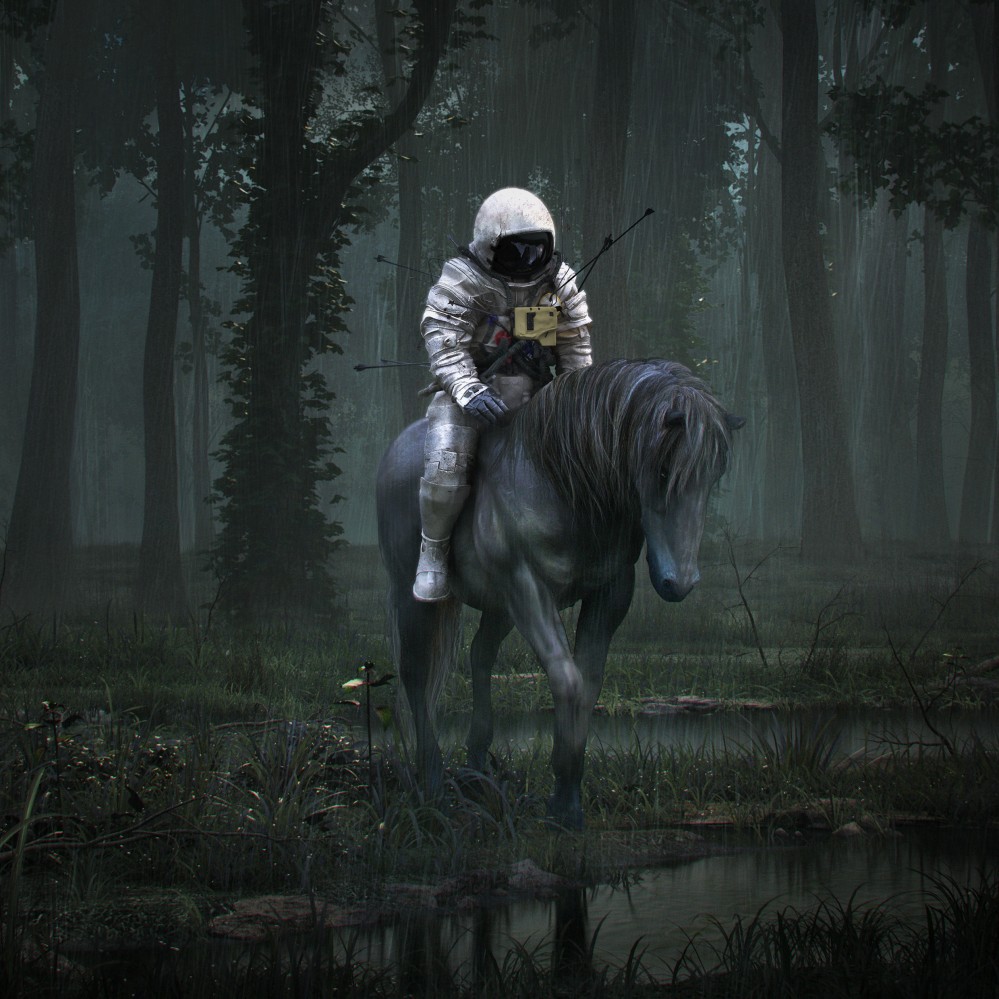OPERA2DAY and the New European Ensemble take you on a journey to the many realities of The ingenious gentleman Don Quixote of La Mancha. This is a brand-new opera based on the well-known Spanish novel by Cervantes with new music including a main role for medieval music from various countries and cultures. This production is the adventurous sequel to the ‘new baroque opera’ Vivaldi – Dangerous Liaisons, which received very positive reviews during its sold-out tour.
Cervantes’s novel The ingenious nobleman Don Quixote of La Mancha is one of the best-known works of world literature. A book that has inspired for centuries; we found at least ninety operas starring Don Quixote. But almost all those operas take only one or a few passages from the some 1,000-page book, or reduce the character to a simple fool. But those who look at the book as a whole will see that it is surprisingly modern. The work deals with themes such as the gap between a beautiful dream and harsh reality, the increasing clashes between cultures and striving to find your own place in a globalising world. Don Quixote appears to be a madman, but the question arises: does he not actively seek that role? After all, who has really gone mad: Don Quixote, or the world around him? Time for a new opera. About: the recapture of fantasy.
For this production, the New European Ensemble works together with the Italian La Fonte Musica, which specializes in medieval music. In this joint project, they turn the universe of Don Quixote into sound. Composer Vanni Moretto weaves in enchanting compositions from the Middle Ages into his score for Don Quixote’s medieval fantasies. Stefano Simone Pintor created the concept and the libretto. Both were previously part of the team that produced the highly successful ‘new baroque opera’ Vivaldi – Dangerous Liaisons. “This combination of historicising and innovative opera practice can’t be cheered on loud enough” said a rave review in Dutch national newspaper De Volkskrant. Pintor is now also the stage director of the opera.




